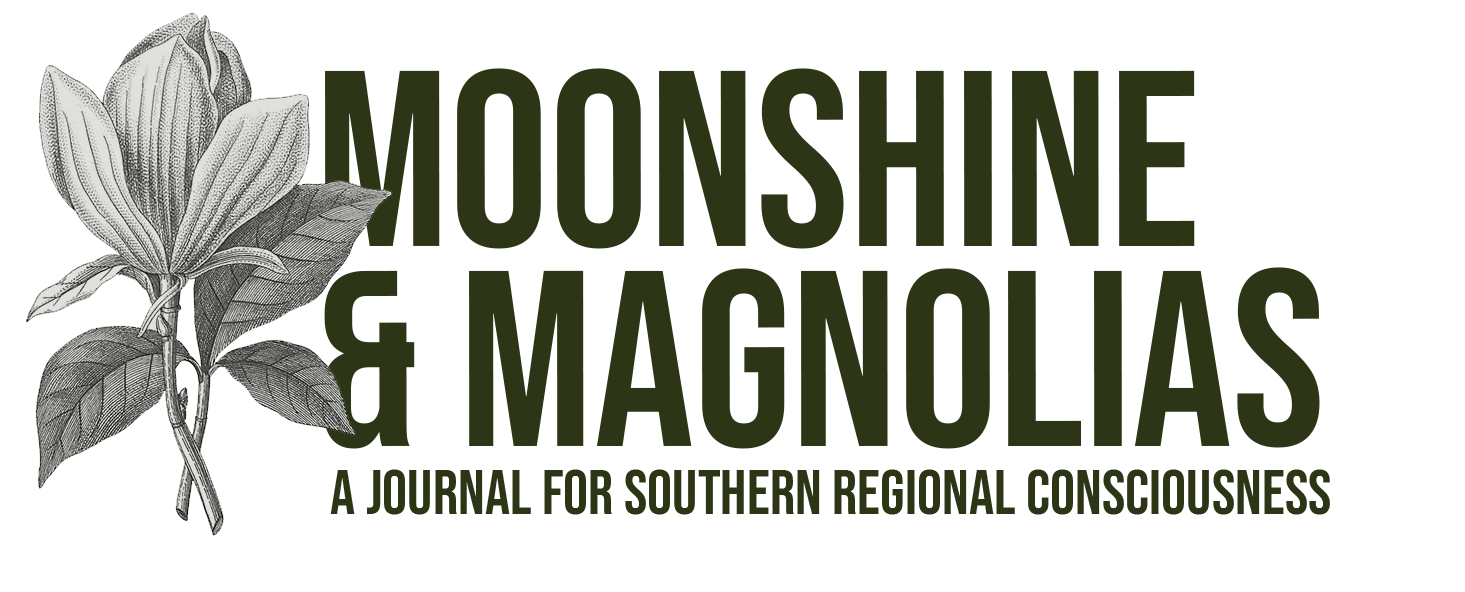Lee In Defeat
"I did nothing more," he said to General Hampton, one of his most gallant lieutenants, "than my duty required of me; I could have taken no other course without dishonor, and if all were to be done over again, I should act in precisely the same manner."
Thus, in the lofty calm of a mind conscious of having tried faithfully; of having obeyed without question the command of Duty, the great Captain passed the brief evening of his life.
Here he lived and here he died, and here his sacred ashes lie hard by those of his great lieutenant, who was his right arm.
Happy the town that has two such shrines. Happy the people that have two such examples. Both have forever ennobled the Soldier's profession, where to face death in obedience to Duty is a mere incident of life. Both were worthy successors of that noble centurion of whom Christ said, "I have not found so great faith; no, not in Israel."
Well might he have said with the other Valiant-for-truth: "My sword I give to him that shall succeed me in my pilgrimage, and my courage and skill to him that can get it. My marks and scars I carry with me to be a witness for me that I have fought his battles who now will be my rewarder."
And well might it have been said of his end as was said of the end of that Valiant-for-truth, "When the day that he must go hence was come, many accompanied him to the river-side, into which as he went he said, Death, where is thy sting? And as he went down deeper he said, Grave, where is thy victory? So he passed over, and all the trumpets sounded for him on the other side."
It was my high privilege to have known him when I was a boy. It was also my privilege to have seen something of that Army which followed him throughout the War, and on whose courage and fortitude his imperishable glory as a Captain is founded.
I stood not a great while ago on the most impressive spot, per-haps, in all Europe, beneath the dome of the Invalides where stands the Tomb of Napoleon. It was a summer evening and as we descended the steps and stood at the door of the crypt where reposed the ashes of him who was doubtless the greatest soldier of all time; who by his genius took France from the throes of a revolution and lifted her while he lived, to the head of the Nations. Just then the hour came for closing, and suddenly in the marble rotunda above us began the roll of a drum, which swelled and throbbed until the whole earth seemed reverberating to its martial tone. It was the long roll which had sounded before so many hard fought fields, and as it throbbed and throbbed in the falling dusk of that summer eve, there seemed to troop before my mental vision the long lines that had fought and fallen on so many a glorious field: the soldiers of Lodi and of Austerlitz, of Friedland and Wagram and Borodino.
So, as I have immersed myself in the subject of this great Captain and noble gentleman there has appeared to come before me from a misty Past; as at the beckoning of a magic hand, that other Army, inspired by higher motives: by the highest motive; Love of Country, on whose imperishable deeds is founded the fame of an even greater, because a nobler soldier: that Army of the South, composed not only of the best that the South had, but well-nigh of all she had. Gentle and simple, old and young, rich and poor, secessionists and anti-secessionists, with every difference laid aside, animated by one common spirit: Love of Country, they flocked to the defense of the South. Through four years they withstood to the utmost, the fiercest assaults of Fortune, and submitted only with their annihilation.
"The benediction of o'er covering Heavens
Fall on their heads like dew, for they were worthy
To inlay Heaven with stars."
Through more than four years their survivors and their children endured what was bitterer than the sharpest agony of the battle-time, and strong in the consciousness of their rectitude, came out torn and bleeding; but victorious. Such fortitude, such courage, and sublime constancy cannot be in vain. The blood of Martyrs is the seed of the Church, so the blood of Patriots is the seed of Liberty.
This is an excerpt from the original essay, first appearing in The South Atlantic Quarterly.
